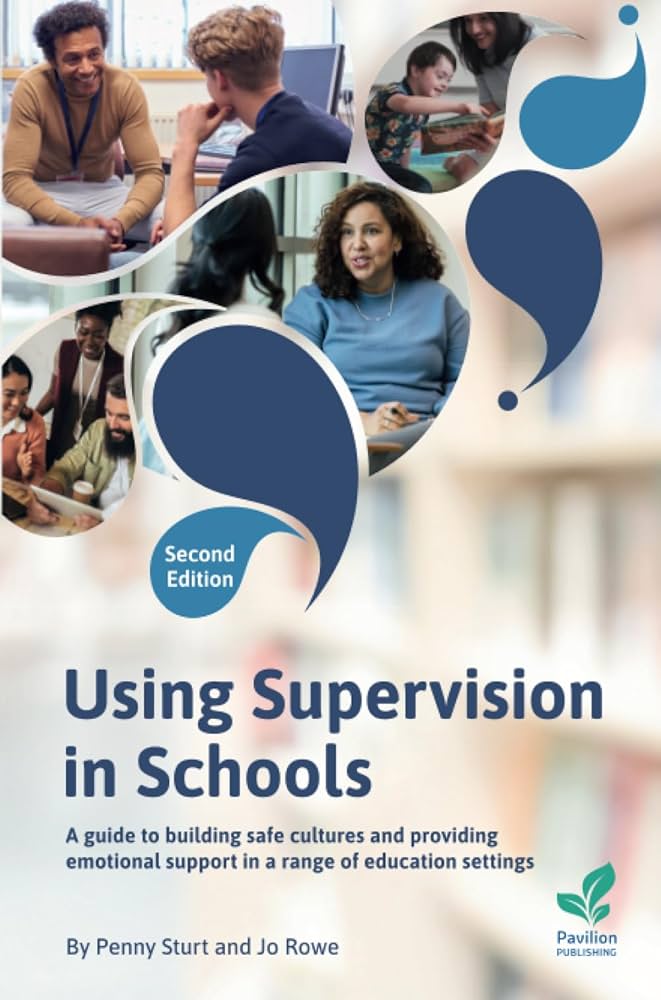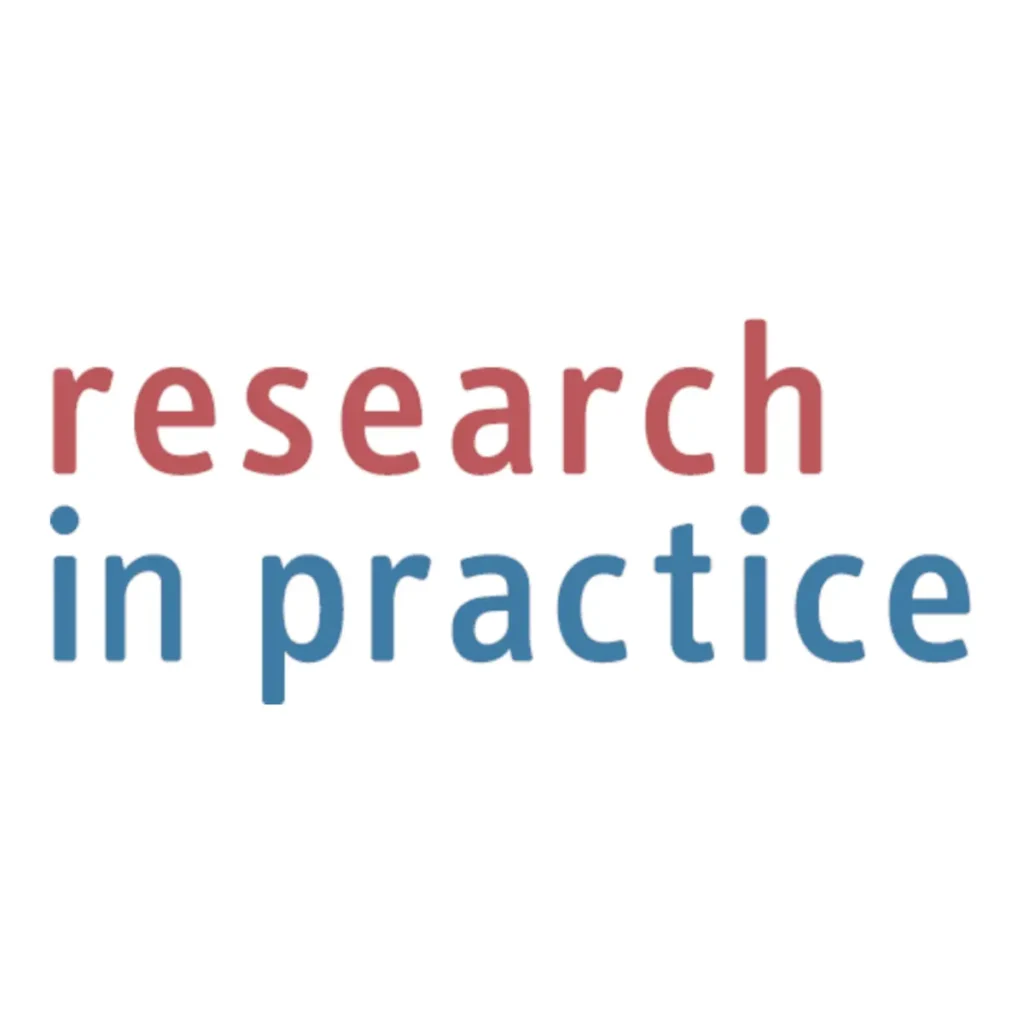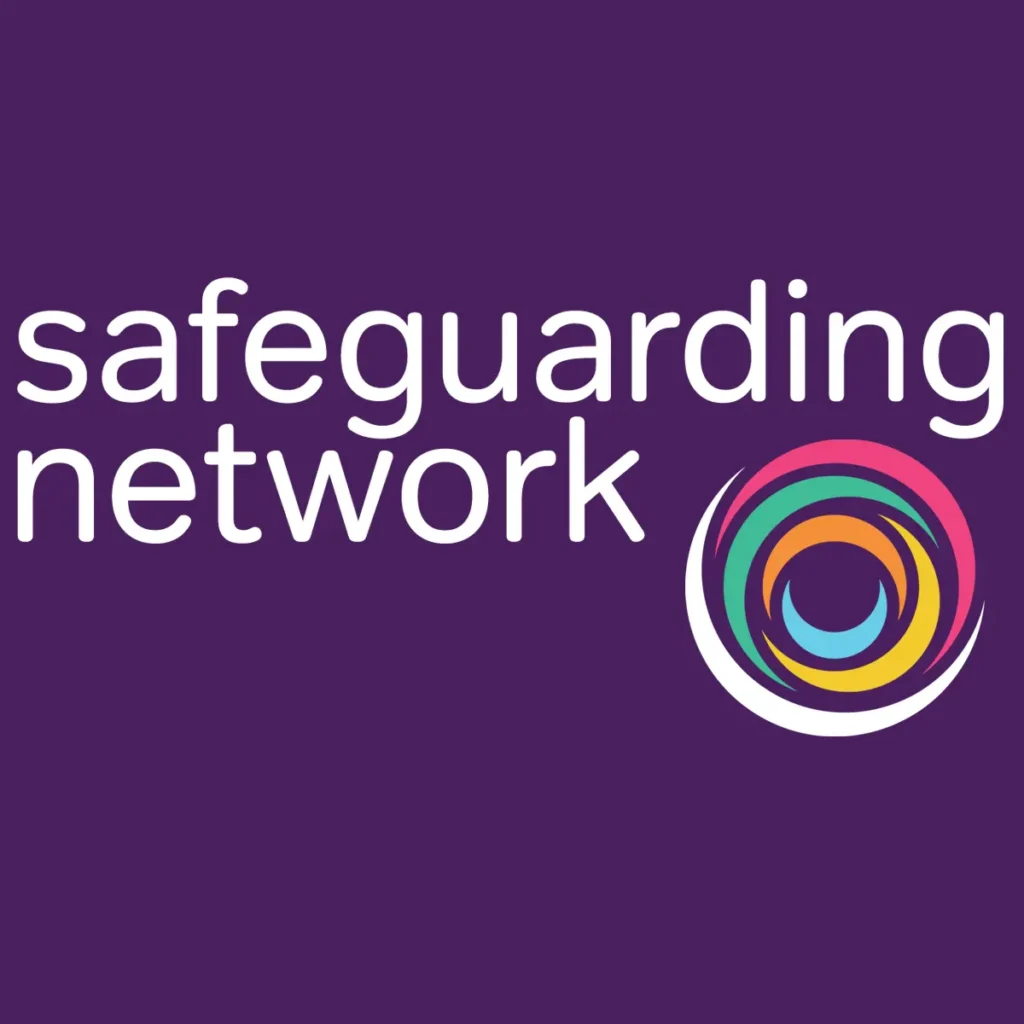What is Safeguarding Supervision?
Ensuring that Designated Safeguarding Leads (DSLs) receive adequate support in their roles is crucial. Supervision assists staff in navigating the complex emotions that can arise and sometimes cloud our responses to incidents and concerns. We are passionate about the welfare of children and young people, and also the adults who are responsible for safeguarding and child protection issues.
Safeguarding supervision aims to enhance the lives of the children and young people under our care, as well as the wellbeing of our staff and volunteers. It also seeks to elevate the quality and purpose of an organisation’s work.
After its longstanding presence in other professional domains, safeguarding supervision remains absent in many educational settings, despite numerous recommendations for its implementation in child safeguarding practice reviews.

Why Have Safeguarding Supervision?
Safeguarding supervision is a crucial component in ensuring the wellbeing of both children and staff in educational settings. Its importance cannot be overstated, and here’s why:
Safeguarding Supervision is Statutory
The Statutory Framework for EYFS 2023: ‘Providers must put appropriate arrangements in place for the supervision of staff who have contact with children and families. Effective supervision provides support, coaching and training for the practitioner and promotes the interests of children. Supervision should foster a culture of mutual support, teamwork and continuous improvement, which encourages the confidential discussion of sensitive issues.’
Working Together to Safeguard Children 2023: ‘Practitioners should be given sufficient time, funding, supervision and support to fulfil their child welfare and safeguarding responsibilities effectively.’
Keeping Children Safe in Education 2024: ‘The [DSL] role carries a significant level of responsibility and the postholder should be given the additional time, funding, training, resources, and support needed to carry out the role effectively.’
Supervision Provides Emotional Support and Stress Management
Safeguarding work can be emotionally taxing. Supervision provides a crucial support system:
- It helps staff navigate the complex emotions that can arise from dealing with safeguarding concerns.
- Regular supervision can prevent emotional responses from clouding professional judgement in critical situations.
- Working in safeguarding can create levels of anxiety in professionals (Morrison, 2008). Supervision can buffer against this anxiety, stress, and high workloads.
- It provides emotional support from supervisors, which may directly improve staff retention and build perceptions of organisational support (SCIE, 2013).
Recent research further highlights the importance of emotional support in safeguarding supervision. A study by Thompson et al. (2023) found that regular, high-quality supervision significantly reduced burnout and secondary traumatic stress among child protection workers in educational settings. The authors noted that “effective supervision acts as a protective factor, enabling professionals to maintain their wellbeing whilst engaging in emotionally demanding safeguarding work” (Thompson et al., 2023, p. 287).
Thompson, S., Jones, A., & Smith, K. (2023). Supervision and wellbeing among child protection professionals in schools: A mixed-methods study. British Journal of Social Work, 53(3), 275-294.
Enhanced Child Protection Practices
The primary beneficiaries of effective safeguarding supervision are the children under our care:
- It aims to improve the lives of children and young people by ensuring that those responsible for their protection are well-supported and equipped.
- Supervision fosters a culture of continuous improvement in safeguarding practices.
- It ensures staff are following organisational processes and procedures, avoiding a “way we do it round here” culture.
Moreover, the impact of effective safeguarding supervision extends beyond staff wellbeing to directly influence child protection outcomes. A comprehensive review by Roberts and Williams (2022) demonstrated a clear link between regular safeguarding supervision and improved identification and response to child protection concerns in schools. They concluded that “schools with robust supervision practices were 42% more likely to identify and appropriately respond to potential safeguarding issues compared to those without such practices” (Roberts & Williams, 2022, p. 103).
Roberts, E., & Williams, T. (2022). The impact of safeguarding supervision on child protection outcomes in educational settings: A systematic review. Child Abuse Review, 31(1), 89-112.
Increasing Pressures and Shrinking Resources
In the face of growing demands and reduced funding:
- Supervision becomes even more critical as services around vulnerable children have been particularly affected.
- While it may not reduce workload, supervision can help staff manage increasing pressures more effectively.
- It can prevent an over-committed approach to work, which can lead to stretched, unreliable, and potentially unsafe systems.
The role of safeguarding supervision in navigating resource constraints is further highlighted in recent literature. A longitudinal study by Chen et al. (2024) examined the impact of supervision on safeguarding practices in UK schools facing budget cuts. They found that “despite reduced resources, schools maintaining consistent, high-quality safeguarding supervision showed greater resilience in their child protection practices and reported higher staff retention rates” (Chen et al., 2024, p. 56). This underscores the critical role of supervision in maintaining effective safeguarding practices even in challenging financial climates.
Chen, L., Patel, R., & O’Brien, M. (2024). Safeguarding supervision as a buffer against resource constraints in UK schools. Journal of Educational Management and Safeguarding, 18(2), 45-62.
Prevention of Serious Incidents
The absence or inadequacy of supervision has been repeatedly highlighted in child safeguarding practice reviews:
Some preventable mistakes can be made which, in child protection work, can have the most severe consequences.
Without proper supervision, staff may work in isolation, not follow procedures, fail to document their work, or become disconnected from organisational leadership.
Our Approach to Safeguarding Supervision
Our safeguarding supervision approach is grounded in extensive experience as Designated Safeguarding Leads (DSLs) in schools with substantial safeguarding profiles. We offer a unique perspective, delivering supervision from the standpoint of seasoned educators rather than social care professionals. Recognising the time and budget constraints schools face, we’ve crafted efficient 60-minute sessions that maintain depth and quality. Our bespoke model provides a confidential, reflective space for DSLs to explore complex cases and receive expert guidance from peers who understand their challenges.
Resources
Here are some of the most reliable, up-to-date and informative safeguarding resources we use to support our work (and you can sign up to them for free).

Penny Sturt, Jo Rowe
The book is aimed at an educational market – schools at all levels and in all forms of educational system both public and private, teachers, other members of school staff, governing bodies, those trained in supervision, local authorities, national educational advisors, school academy trusts and educational psychologists.
Want to Find Out More?
If you think your organisation would benefit from working with us, we encourage you to reach out and book a no obligation consultation now using the contact form.
Pricing
£60 per 60-minute remote session






